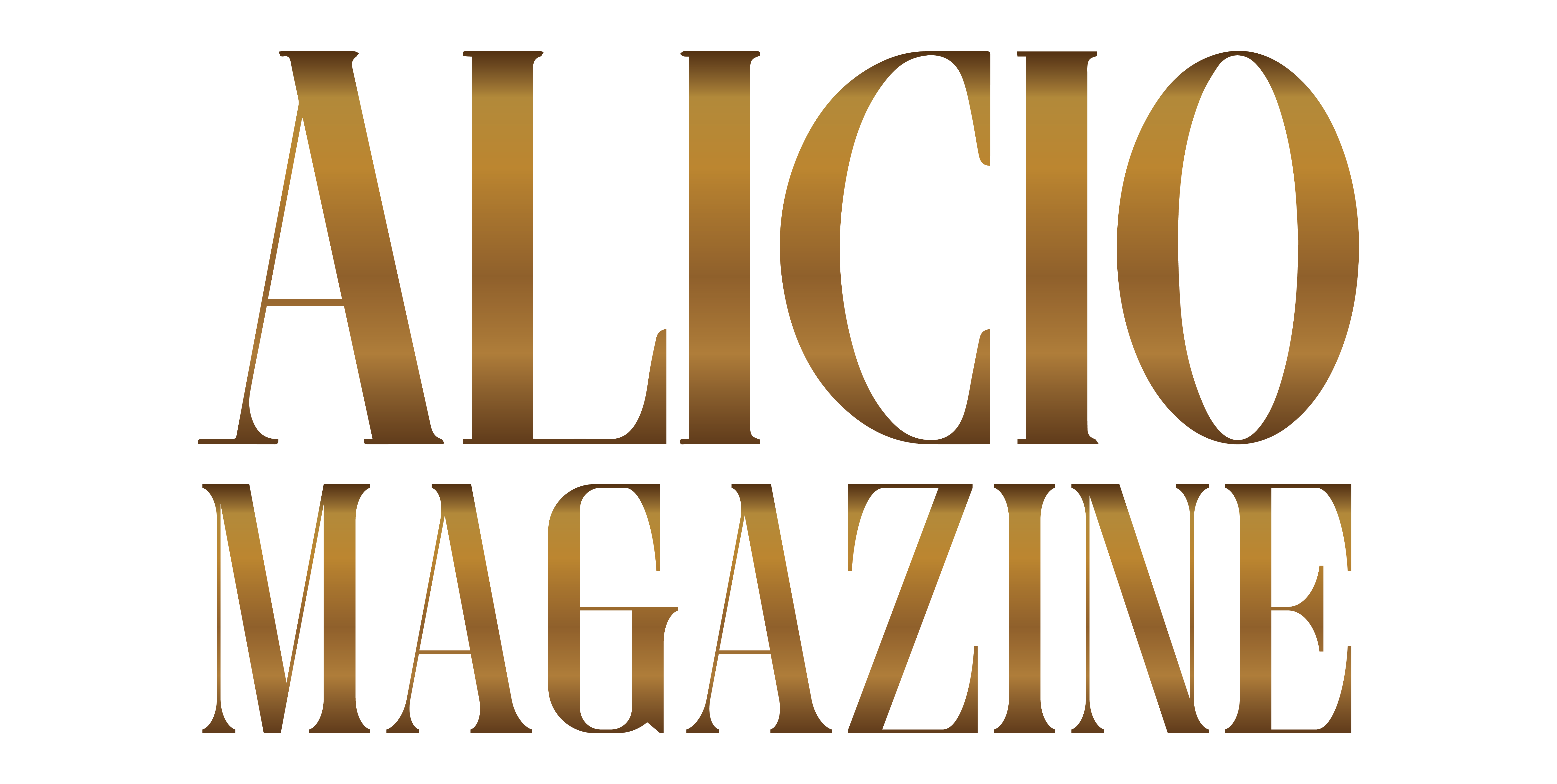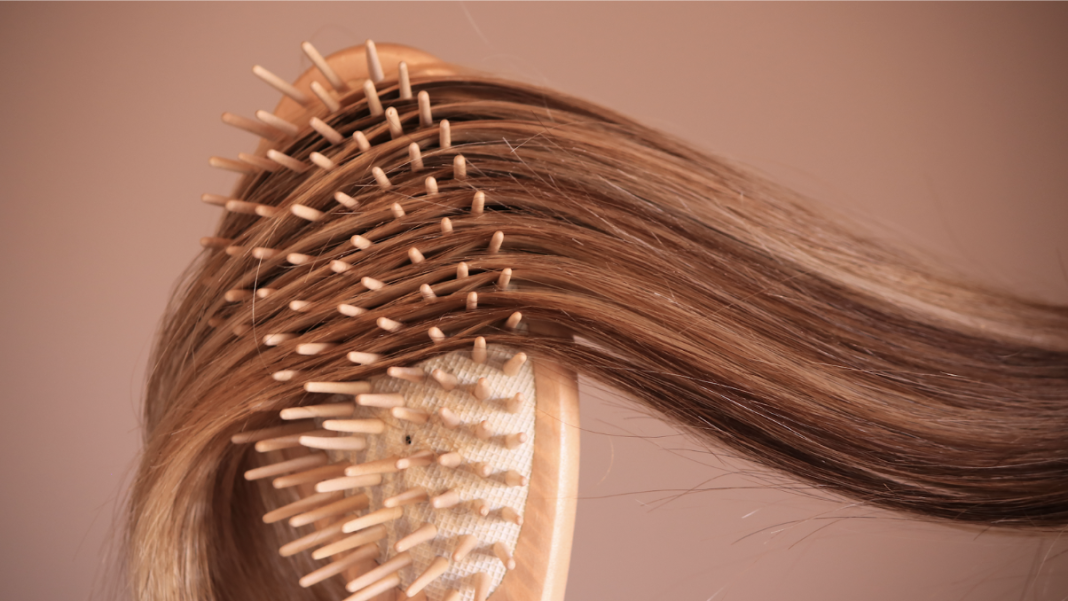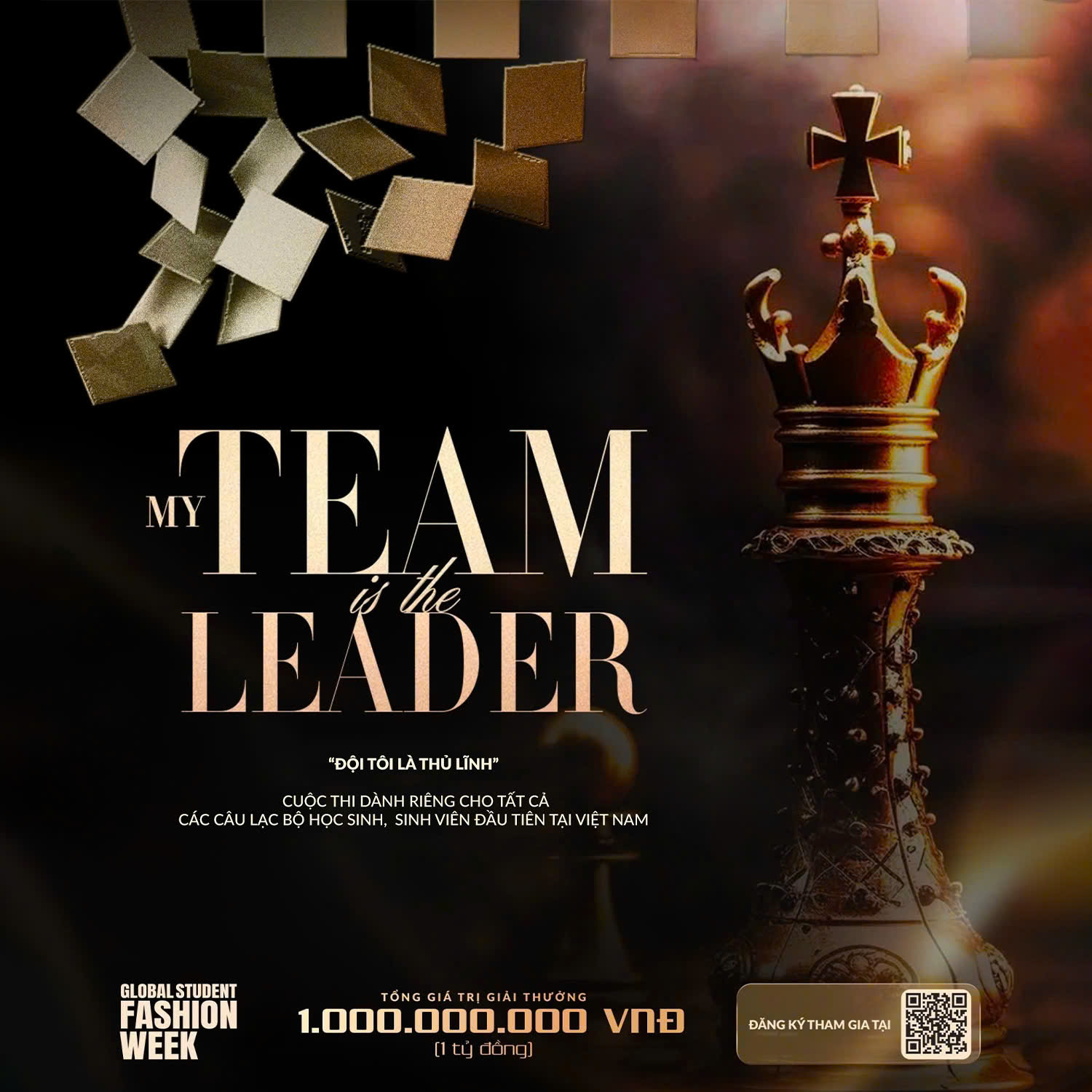My experience with telogen effluvium was transformative — in more ways than one.
All products are independently selected by our editors. If you buy something, we may earn an affiliate commission.
Last winter, a month after turning 22, I began to lose my hair. I was seven months into a new chapter of my life, having recently jetted to Copenhagen after graduating university in England. The buzz of adventure was like nothing I’d ever experienced before — as I counted my pennies and soaked up colorful views of European summer, I felt complete euphoria. All that changed when, unexpectedly, my hair began to shed excessively, and I found myself in a limbo of confusion.
According to the American Academy of Dermatology Association (AADA), shedding between 50 and 100 hairs a day is a natural occurrence. Noticing a curl or two on the collar of my coat or brushing three or four off of my pillowcase felt common. But as more and more clumps of my hair began to settle in the shower drain, the overactive shedding became alarming. Stepping into a warm morning shower was no longer a calming daily ritual, but one I begrudgingly feared. Soon, brushing my hair became another dreaded activity for the same reason. The root of the problem turned out to be telogen effluvium — but more on that later.
Long before I moved to Copenhagen, I’d watched the density of my mother’s hair decline. As a child, I would sit on my mum’s bedroom floor watching as she styled her short curls with a heated hairbrush and a spritz of mousse. “My little cherub,” she called me as I mimicked her, rummaging through her makeup bag to blush my cheeks and experiment with her styling products. When I wasn’t clip-clopping in my mum’s stilettos, I was usually hand-in-hand with my grandmother. She had little interest in makeup, which, truthfully, I loved about her.
One evening when I was around eight, she sat by my bed as I fell asleep. As she slowly stroked my hair, I dozed in and out of consciousness. But when I turned back over, I noticed my grandmother without her hair — that was when discovered she wore a wig. I was confused, so my mum sat me down the following day to talk about hair loss. “It’s a natural side effect of aging,” she said, noting it was something she too was beginning to experience.
Realizing that aspect of physical appearance is temporary, I fell in love with my hair. Growing up, we didn’t have much money to spend on beauty products or clothes, but as an avid gallery-goer, I instead found comfort and beauty in the similarities I shared with the women in some of the paintings. The walls of my local gallery were adorned with Victorian paintings, mostly pre-Raphaelite women depicted with long, bushy curls, a prized possession in their age. It was like looking in a mirror. I had never seen hair like mine represented with such beauty, so when I struggled to love my body, my hair made me feel beautiful.
I knew the real fix needed to happen inside my head, not on it.
Fast-forward to 2021, and as my hair started to thin all over my head, self-love became more difficult. When I looked in the mirror, I didn’t recognize myself. My deep-seated insecurities and influence from social media made me embarrassed to talk to my friends about my hair shedding, let alone a doctor. Adult hair loss is so often associated with men, but what I didn’t know is that female pattern hair loss can affect around 40 percent of women by the age of 50, according to a study in the Journal of the American Academy of Dermatology.
When I finally mustered up to courage to make my own doctor’s appointment, she told me that “all the signs are pointing to telogen effluvium,” which is a form of temporary hair loss. It wasn’t long before my doctor’s suspicion was confirmed by a dermatologist, who examined my scalp and hair, and then ran a blood test.
“The important feature of telogen effluvium is that the shedding comes from the whole scalp rather than favoring certain parts, so the overall volume of hair shrinks. Most people can tell by the thickness of their ponytail, often noticing they now need to wrap their hair band many more times to secure it” explains Sharon Wong, MD, a GMC-registered consultant dermatologist and hair specialist The Harley Street Specialist Hospital in London, England. “Diagnosing telogen effluvium is the easy bit. The challenge is finding the cause, and more often than not, several coexistent factors may be contributing to it.”
She identifies the most common culprits as stress, acute illnesses (especially when accompanied by a high fever,) nutritional deficiencies like iron deficiencies medications, dramatic weight loss from crash dieting or post-surgery, and fluctuations in hormones (i.e. post-partum, and stopping, starting or changing contraceptives). My own hair loss was categorized as a byproduct of stress and malnutrition, so I was advised to monitor my nutrition and look after my mental health. It felt comforting to have an answer and professional advice, and for a moment, I felt like I’d regained a sense of control. But with no real cure to curb the hair loss and realizing it could take years for my hair to return to its normal state, I knew the real fix needed to happen inside my head, not on it.
Over the following months, as I formed healthier routines, I tried and struggled to mentally adapt. I cooked balanced meals packed with macro and micronutrients and took vitamin supplements, but the one thing I couldn’t do was relax. I was tempted to cut my hair to disguise the shedding, but the sheer thought of a haircut made me feel like I was letting hair loss win. Instead, I hid behind a slicked back up-do to fuel my denial (even though this style can actually make another form of hair loss — traction alopecia — worse). When I saw my reflection in car windows, shop mirrors, and my iPhone camera, that style helped me trick myself into forgetting.
But every time I did remember my reality, the emotions were equally as raw as they were in the first place. As a young woman living in a media-driven society and working at the very heart of it in the fashion industry, I felt like I had lost more than just hair. As my hair fell, so did my confidence, and with that, my anxiety peaked. I deleted dating apps, pressed pause on making new friends, and canceled events. I figured I could continue with my life when my hair grew back, picking up where I had left off, so I psychologically barred myself from different levels of my own personal life. To experience hair loss side by side with my mother? Well, it wasn’t quite what I envisioned.
“The impact of hair loss in women can be enormous. Our hair and the way we wear it forms an integral part of our identity,” says Dr. Wong. “Hair loss, for many people, feels like a loss of their identity, but it is also intrinsically linked to how we feel about ourselves. It is something that is commonly overlooked and trivialized because hair loss is not usually associated with any physical ill health, but its psychosocial impact on people can be profound.”
“The popular saying ‘bad hair day’ tells us that the state of the hair can also influence the way we feel and our mood. The stress-tress connection is real.”
Maggie Osinski, LCSW, a psychotherapist and guest lecturer at St. Joseph’s College in New York, confirms the vast emotional impact female hair loss has on the psyche. “There are many things that influence our body image: sociocultural norms, the media, interpersonal experiences, and even neurobiology,” she explains. “Physical appearance holds value because we are socialized and conditioned to believe that it determines human worth.”
As a result, the state of our physical identity can alter our mental and emotional well-being. “The things we say to ourselves about ourselves become core beliefs that impact our self esteem and influence our body image even more,” she says. Dr. Wong adds that hair can cause situational stress. The popular saying ‘bad hair day’ tells us that the state of the hair can also influence the way we feel and our mood. The stress-tress connection is real.”
In the grand scheme of things, the density of my hair was — and still is — a trivial matter. My hair is an irrelevant tangibility to the things that are important in my life: my career, friendships, relationships, health, the list goes on. So finally, one night, I asked my friend Erik to cut my hair. We were in downtown Copenhagen watching the a championship football game, celebrating with friends, old and new. As the crowd cheered in unison, I was momentarily distracted by the girl standing in front of me. Her enthusiasm was infectious: I didn’t know her, but I instantly admired her. Then I noticed her hair, a short curly bob. After the match, we returned to my apartment and convened in the bathroom with a pair of scissors. We restyled my hair, cut away unhealthy strands (some healthy ones, too) and said goodbye to my old insecurities. Instantly, my hair looked fuller and healthier, something I needed to maintain.
I implemented some new hair-care rules, too. To take care of my hair in the shower, I incorporated gentler shampoo and conditioner into my routine. Post-shower, I invested in a microfiber hair-wrap towel, which has proven a lot gentler than a bath towel for drying my hair. When my hair is damp, I gently comb through the ends with a Tangle Teezer brush, to improve the blood-circulation on my scalp to stimulate the hair follicles for new growth.
I made life changes, too. I re-downloaded dating apps and put extra effort into socializing and making new friends. If someone was to dislike or judge me for my hair, it would say a lot more about them. And if someone was to judge my worth on my physical appearance, were they really someone I wanted in my life? After all, beauty is not defined by our hair. Not really.
It’s often said we should treat ourselves as though we’re our best friend, so in a way, that’s what I did. I learned to appreciate my quirks, the parts that characterize me, to enjoy my own company no matter how short or thin my hair. The state of our physical appearance — including our hair — changes many times throughout our life, but the core of our being stays the same. As my hair regains thickness, I’ll still brush it back into an up-do more often than not. But when I style my hair down, I wear it with confidence.
Sources: https://www.allure.com/story/telogen-effluvium-hair-loss-self-love



